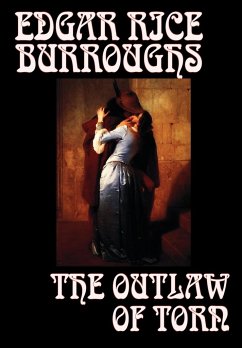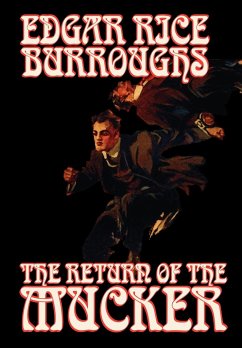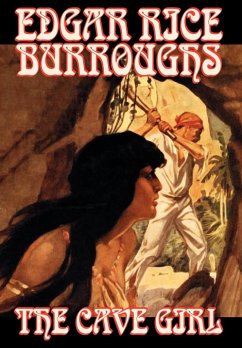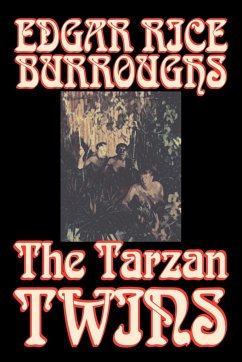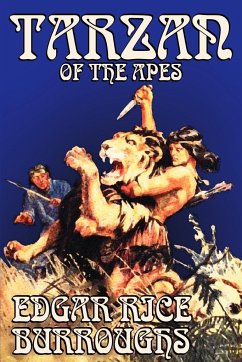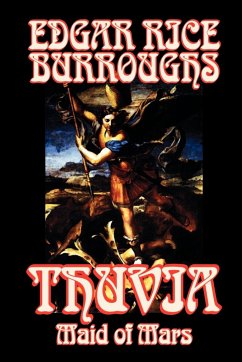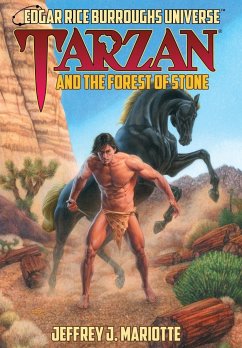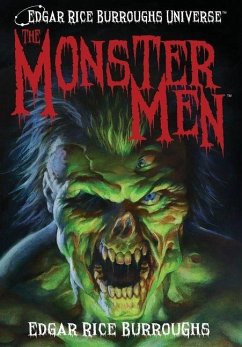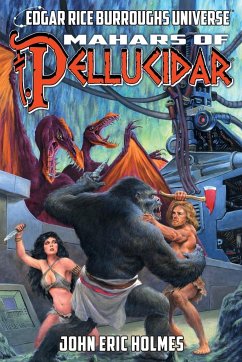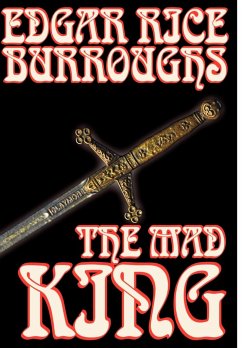
The Mad King by Edgar Rice Burroughs, Fiction, Fantasy
Versandkostenfrei!
Versandfertig in über 4 Wochen
33,99 €
inkl. MwSt.

PAYBACK Punkte
17 °P sammeln!
Edgar Rice Burroughs wrote this tale of confused identity and royal intrigue in 1914 and 1915, as World War I was getting ready to happen: it means to be an homage to Anthony Hope's Prisoner of Zenda. But, of course, it isn't Hope writing, but Burroughs: the events that led to the war inform the book, and it speaks to the real events happening as Burroughs wrote. That makes it a very different story from Hope's almost-whimsical novel. Part of the reason Burroughs left such a lasting mark on the world is because he was engaged in the events that surrounded him; the news troubled him deeply and ...
Edgar Rice Burroughs wrote this tale of confused identity and royal intrigue in 1914 and 1915, as World War I was getting ready to happen: it means to be an homage to Anthony Hope's Prisoner of Zenda. But, of course, it isn't Hope writing, but Burroughs: the events that led to the war inform the book, and it speaks to the real events happening as Burroughs wrote. That makes it a very different story from Hope's almost-whimsical novel. Part of the reason Burroughs left such a lasting mark on the world is because he was engaged in the events that surrounded him; the news troubled him deeply and personally. As well it might! He was writing, as he always did, on fantastical topics; but it is the fantastic nature of the twentieth century that is the real text of the man's career.



